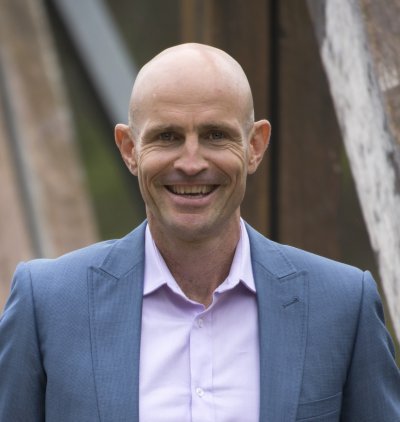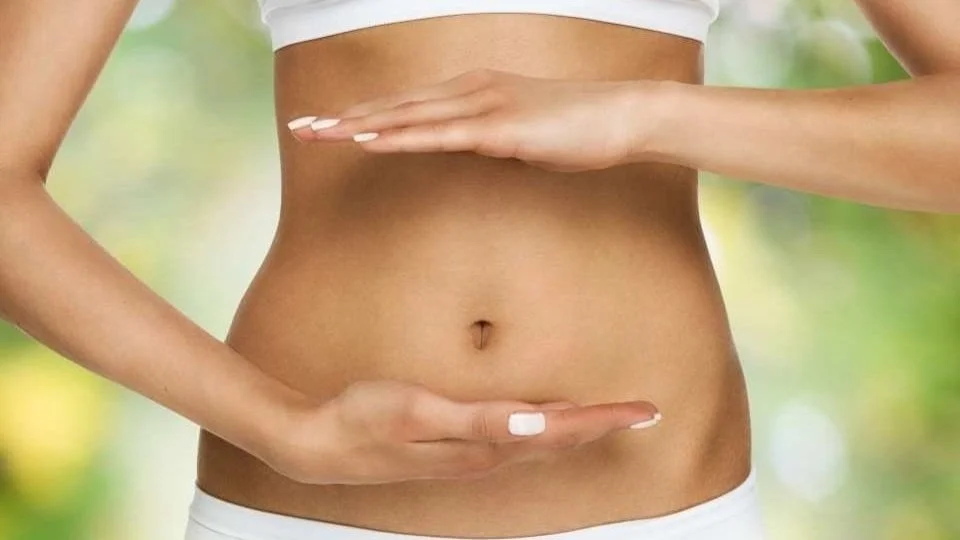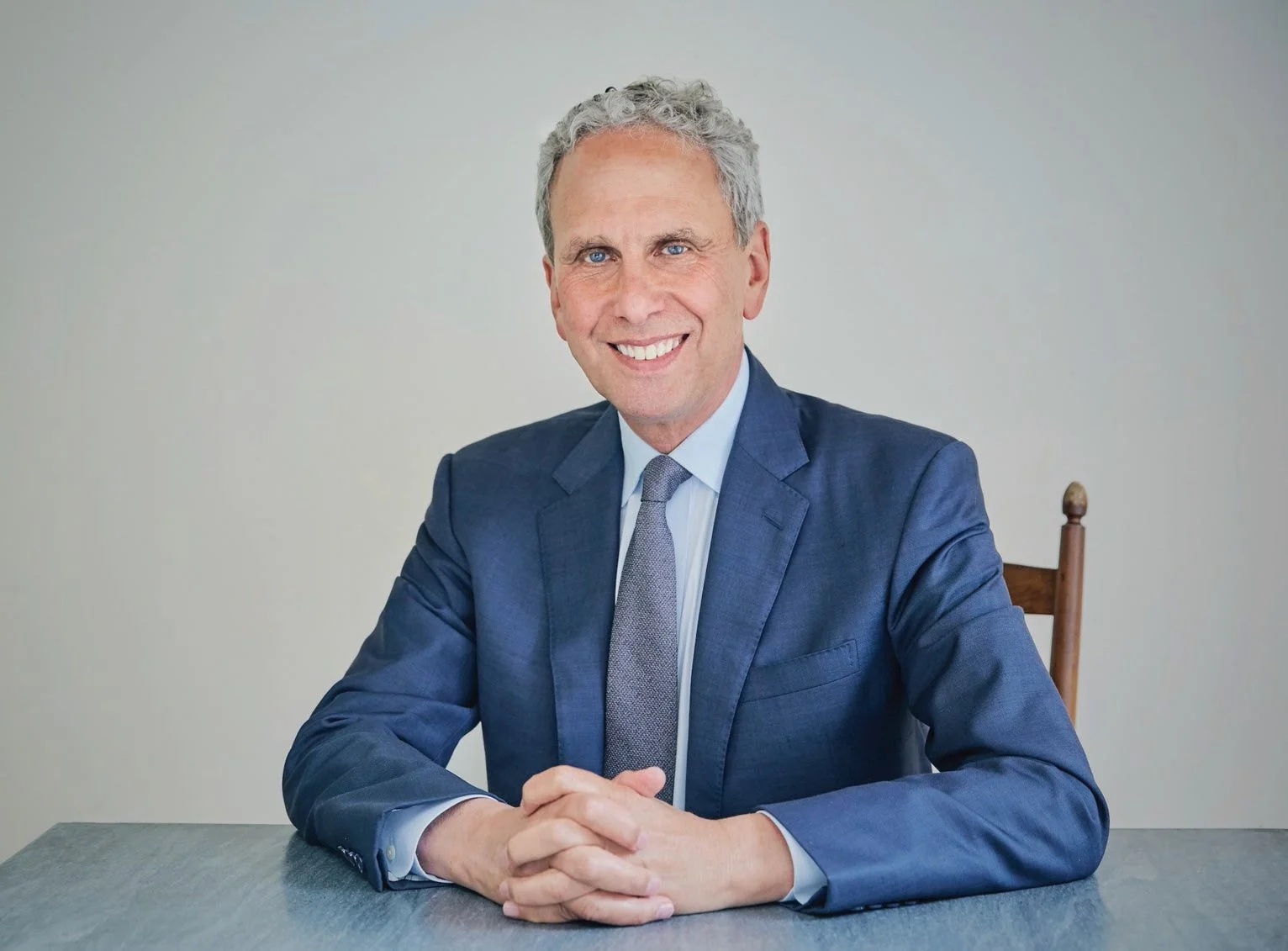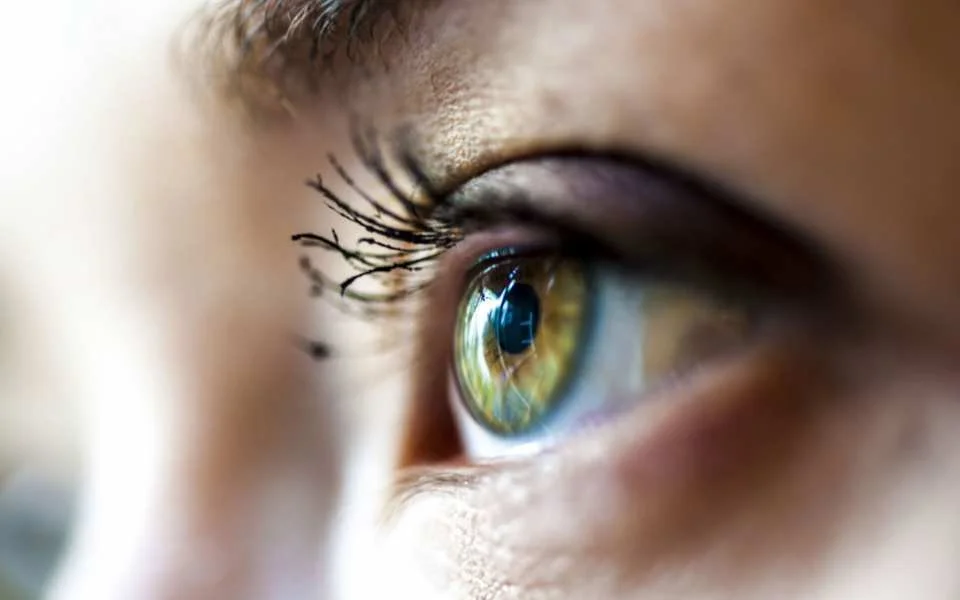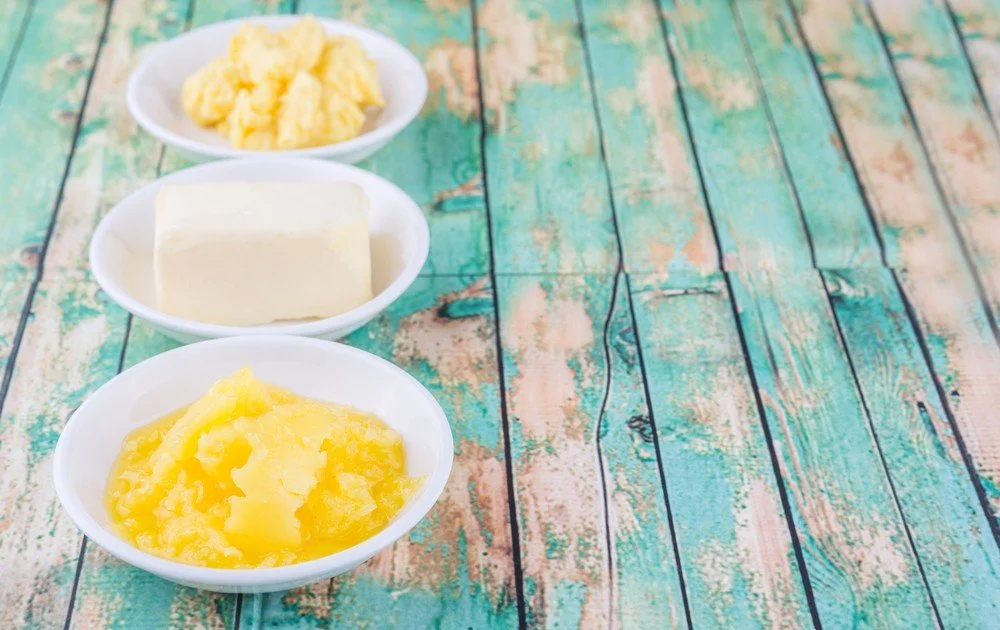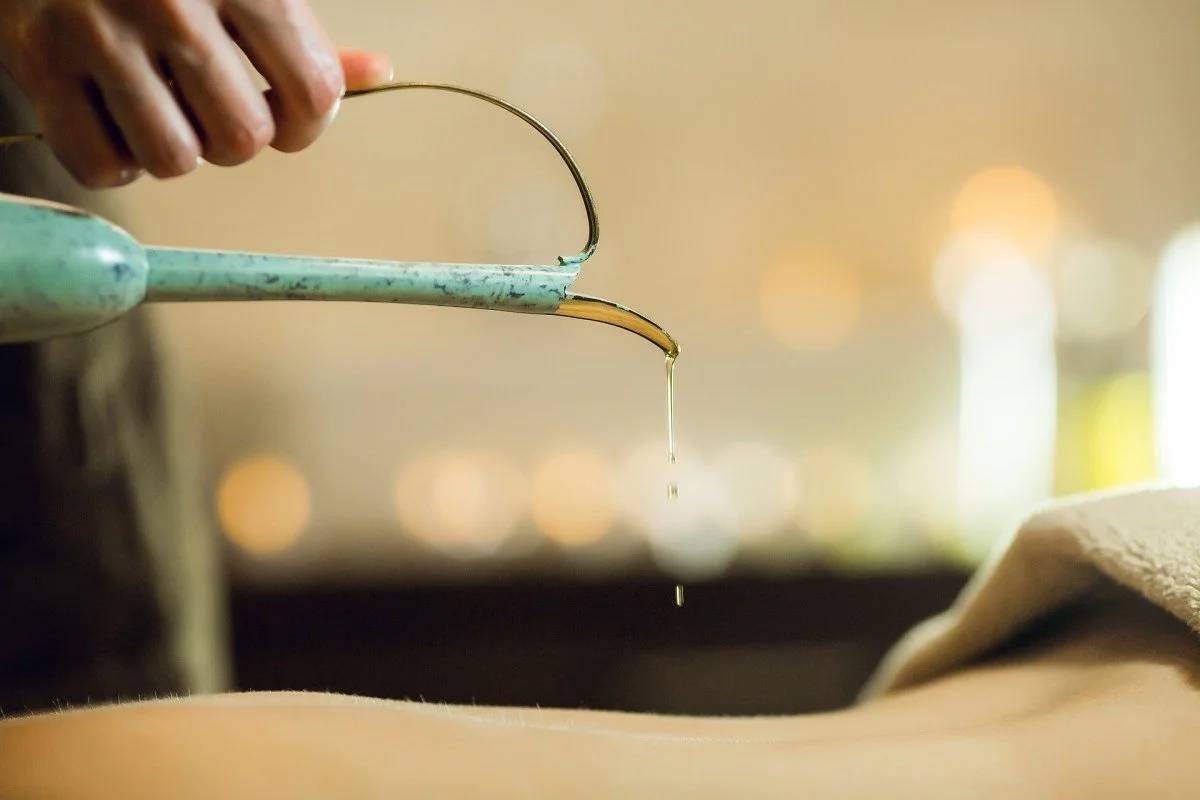Solariums / Sun Beds – Dangerous Killers or Potential Life Savers?
Solariums / Sun Beds: Rather than a danger could they actually ‘improve’ your health or even ‘save’ your life?
How the UV & Vitamin D benefits of sun beds can outweigh the dangers & why they should ‘NOT’ be banned
Based on both common sense, ancient wisdom and the latest modern science, the ‘intelligent’ use of ‘properly designed’ solariums or sunbeds may NOT only be entirely safe, but could potentially avoid many thousands of cases of serious illness and even deaths throughout the world each year. This might even apply to you or someone close to you. It applies most particularly during the winter months, where vitamin D producing sunshine is rare, or where individuals cannot access sufficient natural UVB radiation.
KEY POINTS;
If you can’t believe that someone is suggesting that solariums or sunbeds may in fact have the potential to be ‘health-promoting’, remember that for the last decade the ‘experts’ have told you that the midday sun is harmful and that you should avoid it at all costs – now we know those experts were wrong and if you’ve been following their advice you will quite likely have increased your risk of skin cancer and most serious diseases!
According to natural wisdom, our essential human requirement for UV/vitamin D, is best received from healthy sunlight exposure. The sun delivers benefits far beyond simply promoting vitamin D as from the UV light from a sun bed or synthetic vitamin D from a supplement.
However, where achieving or maintaining one’s UV and/or vitamin D health cannot be done through ‘natural’ means, i.e. healthy sunlight exposure, there would seem to be substantial, ‘scientifically-backed’, benefits possible from the safe, ‘educated’ use of solariums or sun beds. The evidence that UVB irradiance has significant health benefits appears to be stronger than that vitamin D has such benefits. I.e. UV from a sun bed would deliver greater benefits than vitamin D supplementation.
The suggestion here for potentialy using sun beds is exclusively and entirely for ‘health’ purposes. It is in no way related to ‘tanning’ for cosmetic purposes. Although tanning is not being promoted here per se (vitamin D can be produced without tanning), it is noted that from a natural health-science perspective, tanning is not necessarily harmful or dangerous as suggested by many medical authorities. When produced ‘slowly’ over time without burning, tanning is our skins way of protecting itself. It is an example of our bodies’ infinite inner intelligence.
Despite common perception, skin cancer and/or melanoma are not directly or solely caused by solarium use, or excessive UV exposure. The concern about melanoma from UV irradiance is not as important as the health benefits of increased UVB irradiance and vitamin D.1 2
Any disease is the result of ‘many’ different factors and the supposed melanoma link to indoor tanning units is more likely related to i) excessive exposure to the wrong type of UV irradiance (UVA with minimal or no UVB), together with ii) low vitamin D levels.
Numerous published peer-reviewed articles, notably by William.B.Grant – the world’s most published researcher on vitamin D / UV health – show that increasing, not decreasing, vitamin D promoting UV exposure would most likely save many more lives (otherwise lost to cancer) than are lost to skin cancer/malignant melanoma, and result in significantly less (many thousands) cases of cancer and other chronic disease.1-6
As with healthy, safe sunlight exposure, the problem is not UV exposure itself. Again, it is most likely, the excessive exposure to the wrong type of UV, combined with a low vitamin D status.
When exposure from a sun bed is received in a way that mirrors healthy sun exposure, i.e. where the bed delivers a significant UVB dose (and not just UVA), where there is minimal electro-magnetic radiation (EMR) from the machine itself, and where the dose is the minimum to optimise vitamin D without incurring any skin damage, they can be seen as potential health-promoters (even life-savers) as opposed to health dangers.
All this is not to advocate the use of ‘any’ sun bed/solarium or to recommend anyone should use them. Sun beds that provide minimal or no UVB radiation will most likely damage rather than promote health. The effects of machines that use high-powered magnetic rather than electric ballasts should also be considered.
Employers who have employees working indoors without a reasonable break between the hours of 10am – 2pm, or for example, who work in underground mines throughout the day, should consider the use of sunbeds in the workplace as a workplace health and safety issue.
The current move towards banning solariums, while understandable based on current wisdom that solariums increase skin cancer risk, is actually based on incomplete information and even ignorance of the potential health benefits of such facilities. In fact, such bans could possibly contribute to an ‘increase’ in cases of serious illness and even cancer related deaths. Banning solariums is like banning all gymnasiums because some of them have unsafe equipment or a small minority of gym users don’t use the equipment properly and get injured. The result would be that a large number of people who may derive significant health benefits from them, potentially even life saving benefits, would not be able to so. Are we going to ban the entire population from going out in the sun because some people overdo it and get burnt?
Rather than banning solariums, it would seem wiser to i) regulate the industry better (as in the USA, where indoor tanning beds are strictly controlled rather than banned), ii) ensure such beds meet certain safety criteria, iii) better educate people in the ‘proper’ use of such beds, iv) promote or even legislate that they are to be used only for health benefits, and not cosmetic benefits (though I still believe in free choice and people should be able to do what they like – but that’s another issue!).
***For Mark’s complete article on solariums and your health, including specific recommendations as to when they may be beneficial, see his full article here
REFERENCES:
Grant WB (2011) An estimate of the global reduction in mortality rates through doubling vitamin D levels. Eur J Clin Nutr. September; 65: 1016-1026
Grant WB. (2009b) In defense of the sun: An estimate of changes in mortality rates in the United States if mean serum 25-hydroxyvitamin D levels were raised to 45 ng/mL by solar ultraviolet-B irradiance. Dermatoendocrinol. 2009;1(4):207-14.
Grant, WB. An estimate of premature cancer mortality in the U.S. due to inadequate doses of solar ultraviolet-B radiation. Cancer. March 2002; 94:1867-75.
Grant, WB. Insufficient sunlight may kill 45,000 Americans each year from internal cancer J ColDermatol. 2004: 3.176-78.
Grant, WB. Garland, CF. Holick, MF. Comparisons of estimated economic burdens due to insufficient solar ultraviolet irradiance and vitamin D and excess solar UV for the United States.Photochem Photobiol. 2005. 81:1276-1286.
Grant, WB. Garland, CF. The association of solar ultraviolet B (UVB) with reducing risk of cancer: multifactorial ecologic analysis of geographic variation in age-adjusted cancer mortality rates.Anticancer Res 2006; 26:2687-99.
ARTICLE WRITTEN BY MARK BUNN
Mark Bunn is the Founder of Dharmic Living and author of the three-time best-selling ‘Ancient Wisdom for Modern Health‘.
Featured Articles
Topics
- Alcohol 1
- Allergies 1
- AntiInflammatory 2
- Arthritis 1
- Asthma 1
- Atkins 1
- Autumn 1
- Ayurveda 22
- Ayurvedic Medicine 12
- Ayurvedic Science 2
- Bad Breath 1
- Beer 1
- Blood Sugar 1
- Bob Roth 1
- Body Odour 1
- Breakfast 2
- Breathing 1
- Business 2
- Butter 1
- Caffeine 1
- Cancer 6
- Carbohydrates 2
- Cataracts 1
- Charcoal Water 1
- Cholesterol 3
- Coffee 1
- Cold & Flu 1
- Cooking 1
- DR JR Raju 2
- Daily Cycles 2
- Dehydration 2
- Dental 3
- Detox Drinks 1
- Diabetes 1
- Diet & Nutrition 44
- Dieting 2
- Digestion 9
- Direction 1
- Disease 1
- EMF 1
- Earthing 2
- Eastern Medicine 1
- Eating 1
- Eating Out 1
- Exercise 9
- Eye Health 1
- Fish Oil 1
- Flaxseed 1
- Food Quality 2
- Forest Bathing 1


